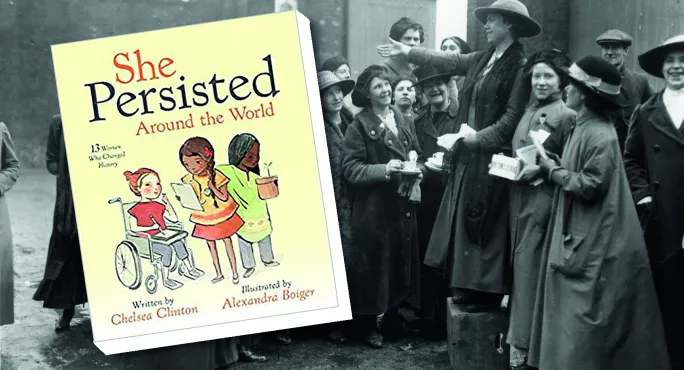Secondary school teachers need training to improve pupils’ subject-specific reading skills, as general approaches to school literacy such as silent reading may be less “impactful”, a new report has found.
The report from the Education Endowment Foundation - Improving Literacy in Secondary Schools - said that as pupils progress through secondary school there is a “growing need” for them to develop specific literacy in each subject.
Literacy: Reading novels quickly brings weak readers up to speed
News: Disadvantaged pupils miss out on author visits
Quick read: How non-fiction inspires reluctant readers (sponsored)
With the “increasingly specialised language of subject disciplines,” pupils needed to be taught “technical vocabulary” for each subject to help them access the curriculum.
The report noted that the meaning of particular words can vary across subjects, using the example of how “factors” means a very different thing in mathematics than it does in history.
The report noted that a literacy strategy that only included “general” approaches to improving reading skills, such as silent reading, was likely to be less “impactful” than one that developed pupils’ subject-specific vocabulary.
Silent reading in form time, while positive in some ways - for example, in giving pupils a structured start to the day - had “inconsistent” effects on pupils’ attainment or motivation, the report said.
The report noted that pupils can struggle to access the “uniquely complex” academic language of the secondary school curriculum, and advised teachers to use etymology and morphology to help pupils understand common prefixes or suffixes.
For example, a geography teacher introducing pupils to ecosystems could explore how the prefix “eco” comes from the Greek root for “house”, so that other words with the same prefix, such as ecotype or ecotourism, could be more easily understood.
Pupils with poor literacy skills faced significant barriers in accessing the secondary curriculum.
“Students who cannot read, write and communicate effectively are highly unlikely to access the challenging academic curriculum in secondary school and more likely to have poor educational outcomes across all subjects,” the report said.





